A while ago, I went to visit an incredible place on the hills near where I live. Casa di Baal is a family owned winery located in a unique position and exceptional natural context. It is 150 meters above sea level, between the Amalfi Coast on the west, and the Cilento Coast on the east.
30 hectares of land, 5 hectares of which are vineyards with mainly Aglianico and Fiano grapes. The remaining area is mostly filled by olive groves, fruit orchards and vegetable garden.
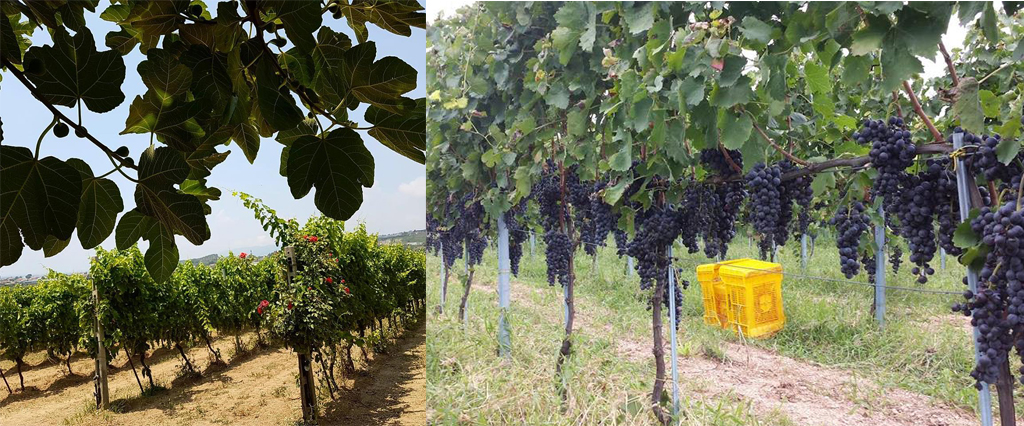
The name of the winery
“Casa di Baal” (the “House of Annibale”) comes from the name of the owner Annibale a truly genuine and hardworking man. Father of 5 children, he runs the farm with his wife Anna and the whole family; and its logo is an elephant that symbolizes the deeds of Hannibal, the skillful general from Carthage.
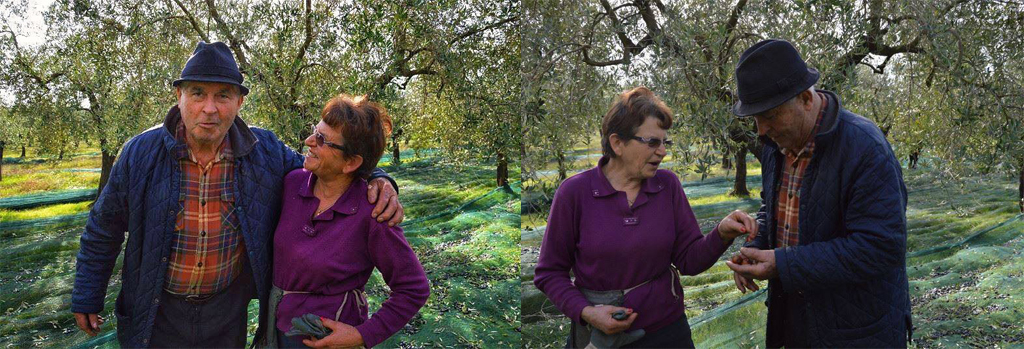
While driving the car on my way to the farm, I noticed the peace and the calm of the area and the fresh air I could breath. When I arrived, I was warmly welcomed by a nice and lovely young lady: Serena.
Firstly, she introduced me to the rest of the family and Francesca one of Annibale’s daughters, who spent few minutes with us, talking about the family and her next trip.
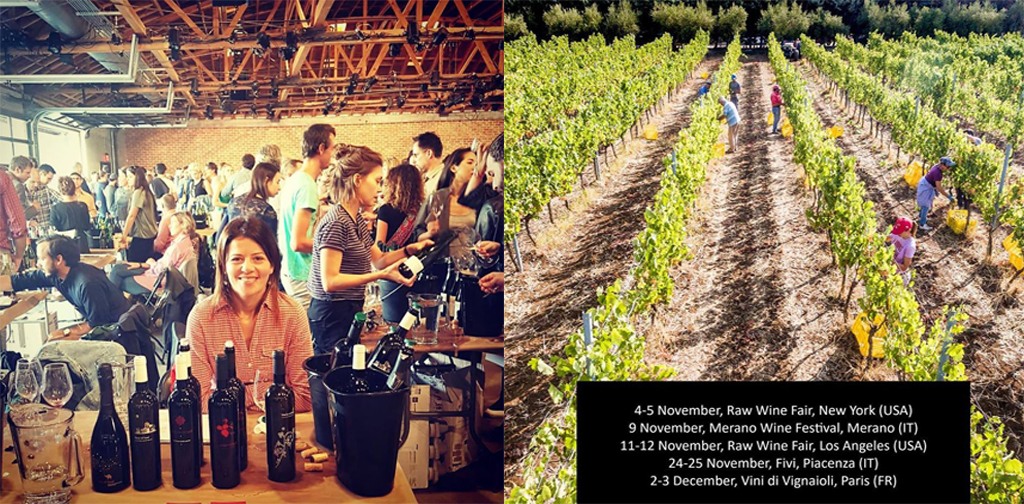
My tour
My farm tour started with Serena who showed me around. I have no enough words to describe this amazing place which is directly ahead of the dominant mountains of the Parco Picentino and has the influence of the sea breeze – the coastline is less than 10km away which gives a unique characteristic to their wines.
I enjoyed a guided walk through the vineyards and olive plants, which showcases the gorgeous view between the Tyrrhenian sea and the mountains of the Parco Picentino; I learnt about the types of grapes they grow, the history of the farm and the new challenges of growing grapes for artisanal, small-production winemaking. They live a lifestyle based on self-sufficiency, where everything they consume is produced in their farm. They embrace principles of sustainability, and organic closed-cycle farming. The human, animals, plants, and mineral components have synergetic roles and as such are given equal consideration in their day-to-day activities.

Natural vinification
They practice natural vinification and simply accompany the natural transformation of the sugars to alcohol by using only the indigenous yeasts, preserving the natural bouquet of scents and flavours while obtaining a wine as faithful as possible to the vintage, terroir, and the work in the vineyard.
During the tour, Serena was explained that they do not use pesticides and herbicides because they damage the vitality of the soil and disrupt the natural processes, they only take action against parasite in an organic manner. For example, to increase the fertility of the soil, immediately after the harvest, they plant, between the vine rows for, peas, vetch, fava beans, rye, oat, clover, wheat and barley – all of which will strengthen the soil thanks to the minerals they contain.
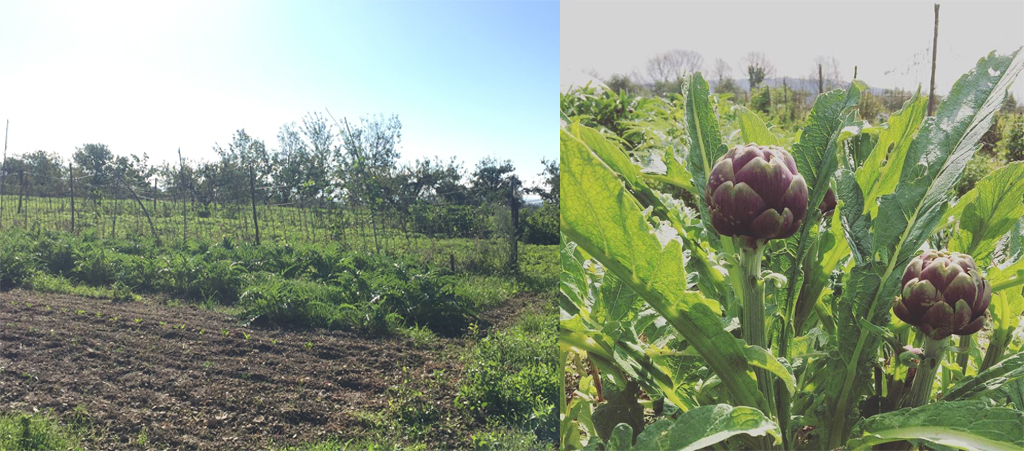
For their production, they only use grapes grown by them and picked by hand. The wine production becomes from the family tradition and has some of the most important wines such us Fiano, Aglianico, Passito. The grapes are naturally exposed to sun and wind for 4 months and the must (mosto) is fermented in 50 lt characteristic “caratelli” (kegs) without the addition of yeasts and sulphites. Their latest experiment is an incredible champagne l’Oro di Baal.
L’Oliveto
As I wrote before, they have olive oil plants all around the area about 15.000 Italian’s olive plants, different varieties: Rotondella, Frantoio and Leccino. They are used in a mixed blend to produce extra virgin olive oil, give a green olive oil with yellow/golden reflections and is characterized by a light fruity aroma and balanced taste, called L’Oliveto. The moderate climate, the calcareous and argillaceous soil, and the geographic position of the farm, all contribute towards making this land perfect for growing olive trees.
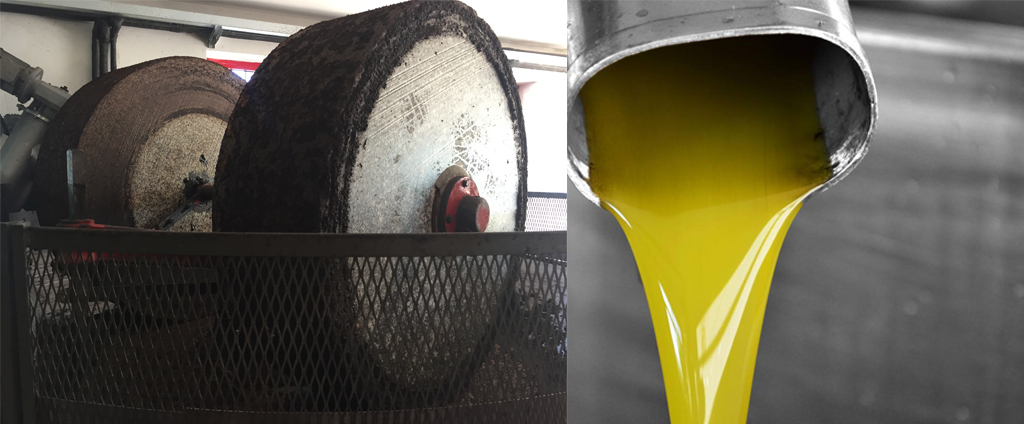
The olives are harvested between October and November, and when I visited the farm, they were doing it. They take care of all the different stages of production; from working in the fields to the transformation of olive oil and sale to customers.
Olives are transformed within 12 hours from being picked. The olive oil extraction is done at a temperature always below 27°C. The low processing temperatures allow to preserve the flavours, tastes and odors typical of the fruit.

An incredible experience
The visit to the farm is a suggestive experience for those who are lucky to do it.
It starts with the tour of the vineyards with an explanation of their philosophy based on biological farming and biodynamic processes. Then, it proceeds to the winery where the grapes are transformed into wine and the wines are bottled and stored for aging. My experience carries on with a guided tour of the olive oil mill where it is possible to see the different stages of the extra virgin olive oil production.
The tour ends with the taste of wines and extra virgin olive oil specially paired with some of their traditional locally-produced food such as homemade bread, salumi, cheese and vegetables form their garden. You can even taste their delicious honey which is produced from the bees of the area.
They also offer educational activities for children in nurseries, primary and secondary schools and high schools. All the tours can be designed and prepared with the teachers. Depending on the season and the natural rhythm of the farm life, they can offer different activities and tours.
Casa di Baal
Casa di Baal is focused on its founders Annibale and Anna “eco-ethics” – sensitive farming, natural winemaking, and environmentally responsible business practices. Husband and wife are still working every day to make everything perfect. Also, their children and relatives “the new generation”, all of them involved in the family business are very lucky to have such great passionate teachers. You can taste this passion in every sip, from their Bianco and Rosso di Baal to their Fiano and Aglianico.
When I left the farm in a state of euphoria which was not due to the wine that I had but to the lovely people that I met at Casa di Baal.
Thanks for stopping by 😊!
